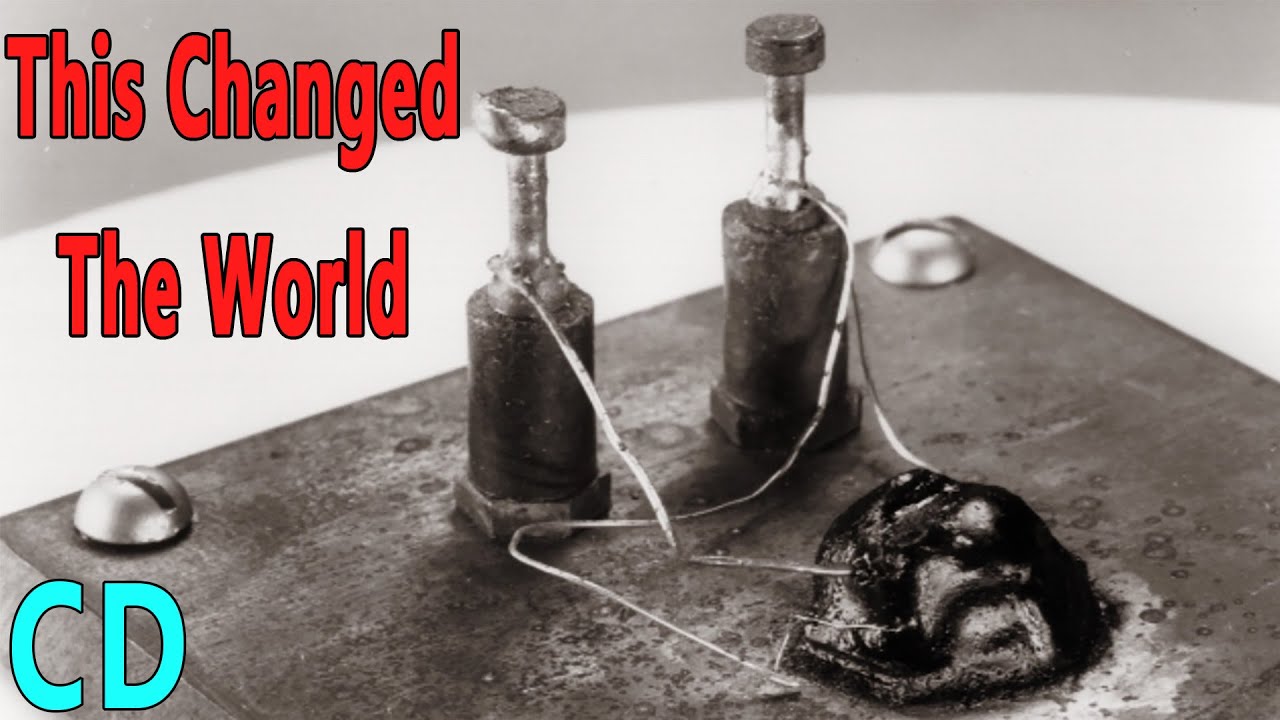Researchers at Bell Laboratories have won Nobel Prizes on nine occasions, in 1937, 1956, 1977, 1978, 1997, 1998, 2009, 2014, and 2018. Eight of the prizes were in Physics, and one in Chemistry. In addition, the Turing Award for computing and Emmy Awards for Engineering have each been won five times by Bell Labs personnel.
There is an excellent book on Bell Labs – “The Idea Factory: Bell Labs and the great age of American innovation”, by Jon Gertner (2012), ISBN 978-1-59420-328-2.
One of the fascinating issues is the way different streams of research come together. Post WWII, Bell Labs had developed all the concepts for the cellular phone network, but the equipment for a mobile phone filled a van. It was the independent development of the transistor leading to the computer chip which enabled shrinking the van to the size of today’s cell phone. Finnish company Nokia got rich, and now owns Bell Labs.
If there were smart politicians in this world, they would study the factors that enabled the development of a facility like Bell Labs – and then set up the conditions for clones to emerge. It seems to be a smart idea to have regulations which encourage expenditures on research instead of crimping & taxing them into insignificance.
Better still, get politicians out of the loops entirely.
My instinctive reaction is to agree entirely. But maybe this is one of those cases where one’s first instinct might not be optimum.
I would welcome correction on this issue, but my primitive understanding is that telephony was (reasonably-enough) seen as a natural monopoly, meaning it needed to be regulated “in the public interest” while remaining owned by stockholders. Part of that regulation was the directive to run Bell Labs (while charging the costs of the lab to telephone users). That certainly yielded great benefits for everybody, until the breakup of the Bell System broke the model.
Of course, any form of regulation “in the public interest” eventually gets abused by the Usual Suspects. Apparently, by the 1970s, California regulators were limiting investments which telephone companies could charge to their customer base. The result was that by 1980 the resident of a remote Scottish village could direct dial internationally to San Francisco – but the Californian had to go through an operator in order to call back. There is a lot of ruin in a nation.
